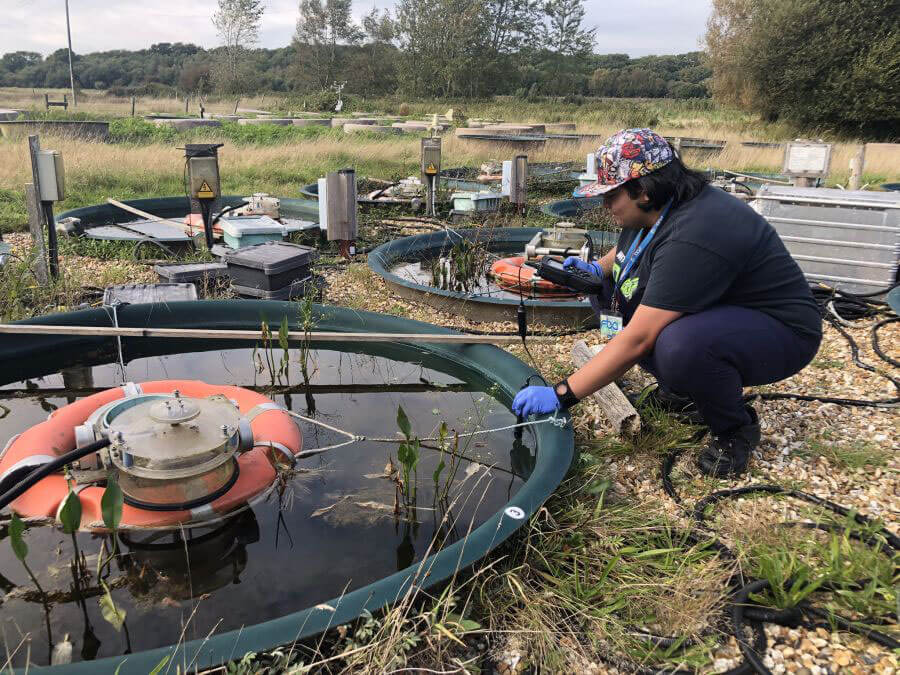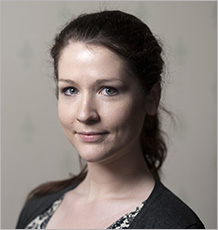Project team
Why it matters
Antimicrobial resistance is one of the greatest health threats we face today. Each year >700,000 deaths occur globally due to resistant infections that aren’t able to be treated with antibiotics and other antimicrobial drugs, and it is feared this could rise to 10 million by 2050.

Partners
What we did
Funded by the Medical Research Foundation and the University of Exeter, Cara’s PhD aims to understand the impacts of pollution on antimicrobial resistance (AMR) at the river catchment scale. Employing an interdisciplinary, natural capital approach to her work, and considering future climate change scenarios, Cara is examining catchment scale processes, including waste water treatment and agricultural practice, in order to better understand the role human activity plays in the spread of AMR bacteria in the environment.
Cara’s research aims to quantifying the drivers of environmental AMR prevalence and human exposure risk at a river catchment scale, and better understand the efficiency of mitigating interventions.
Impacts & benefits
Through her research, Cara anticipates being able to provide evidence to support better decision making and environmental policy and practice that minimises environmental AMR, supports better health and enhances river catchment natural capital.




